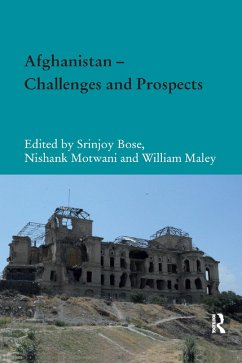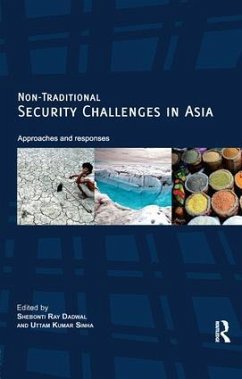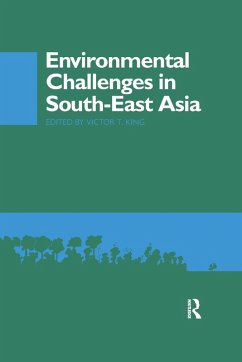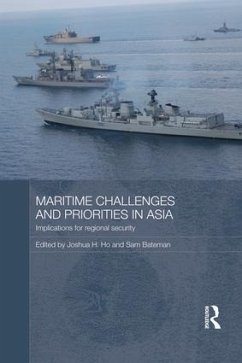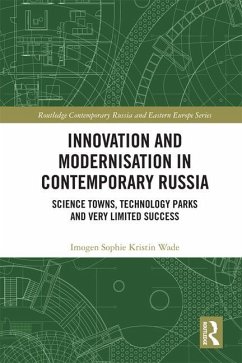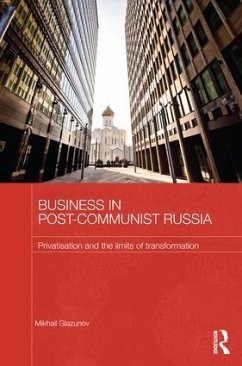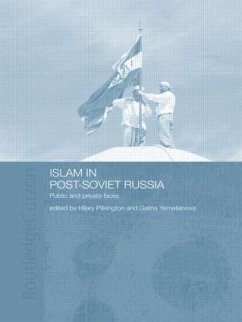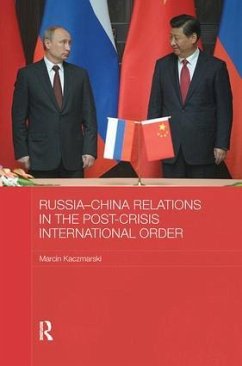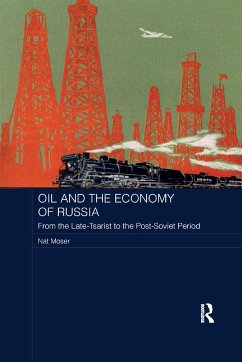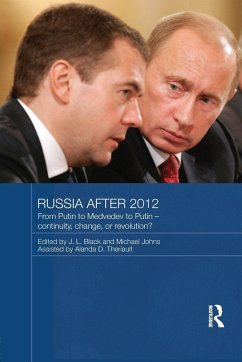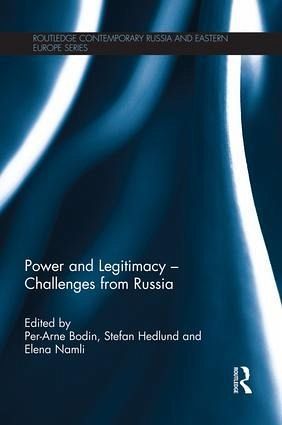
Power and Legitimacy - Challenges from Russia
Versandkostenfrei!
Versandfertig in 1-2 Wochen
64,99 €
inkl. MwSt.
Weitere Ausgaben:

PAYBACK Punkte
32 °P sammeln!
This book sheds new light on the continuing debate within political thought as to what constitutes power, and what distinguishes legitimate from illegitimate power. It does so by considering the experience of Russia, a polity where experiences of the legitimacy of power and the collapse of power offer a contrast to Western experiences on which most political theory, formulated in the West, is based. The book considers power in a range of contexts - philosophy and discourse; the rule of law and its importance for economic development; the use of culture and religion as means to legitimate power...
This book sheds new light on the continuing debate within political thought as to what constitutes power, and what distinguishes legitimate from illegitimate power. It does so by considering the experience of Russia, a polity where experiences of the legitimacy of power and the collapse of power offer a contrast to Western experiences on which most political theory, formulated in the West, is based. The book considers power in a range of contexts - philosophy and discourse; the rule of law and its importance for economic development; the use of culture and religion as means to legitimate power; and liberalism and the reasons for its weakness in Russia. The book concludes by arguing that the Russian experience provides a useful lens through which ideas of power and legitimacy can be re-evaluated and re-interpreted, and through which the idea of "the West" as the ideal model can be questioned.





